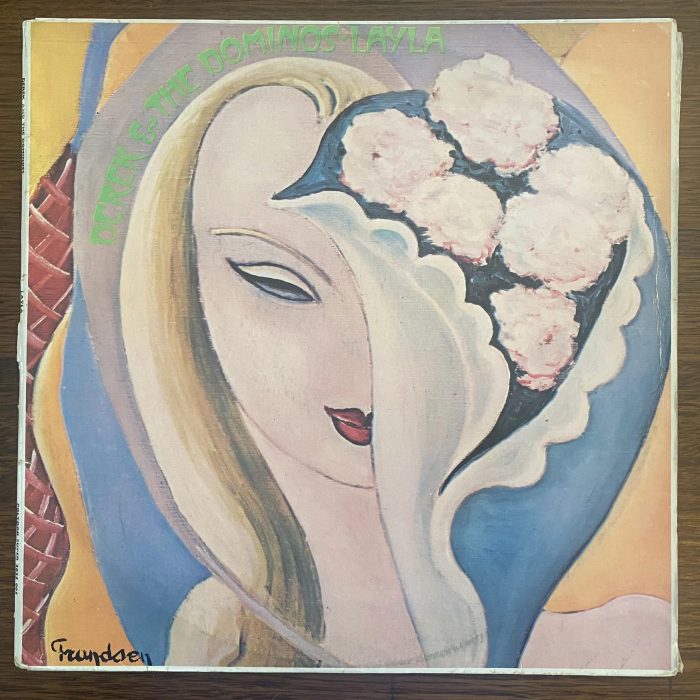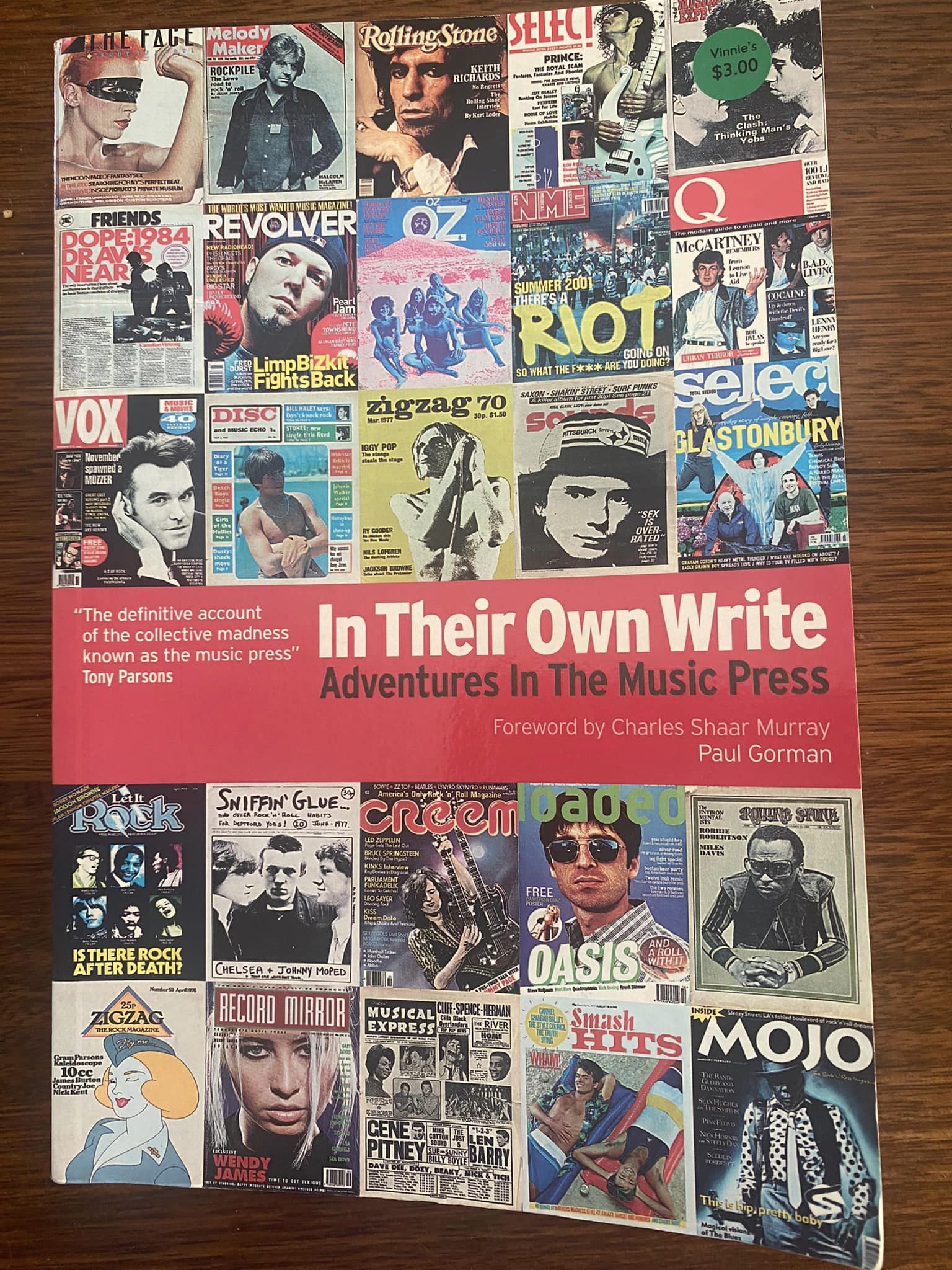This year Radioinfo will take you back 50 years to the songs that were released in 1974. It was a mighty fine year for music. I have taken a slight liberty with Ramblin’ Man which was written in ‘71 released in ‘73 and barely cracked the Australian charts in January 1974, but with this song’s writer and singer Dickey Betts dying this week, I think this is a story worth telling.
Before I get to The Allman Brothers Band in 1974 I want to skip ahead two decades to me in high school hearing Eric Clapton’s acoustic and easy listening Layla for the first time. You may recall, in the live recording that was the 1993 video clip, Clapton asks the audience:
‘See if you can spot this one.”
And the audience hoots and hollers somehow knowing what’s going to happen next.
I didn’t.
I immediately liked it, and was aware it must be a cover, but my chart book yielded no information, and this was before Google. Not long afterward I was at a local Vinnies and happened to find an album called Layla, by Derek and the Dominos. When I turned the album over I saw Clapton’s name on the back and put two and two together.

My Vinnies copy of Layla
I went home, put it on the record player and, BAM, was hit full force with some indescribable passion that I couldn’t yet articulate or properly understand. The two Laylas are chalk and cheese.
One of the guitarists creating that extraordinary sound on the original was Duane Allman. The pair were introduced by recording engineer Tom Dowd and, as Dowd and Clapton himself in his autobiography have said, immediately hit it off as musicians as if they could read each other’s minds. That iconic Layla introduction was created by Allman and Clapton, and mixed by Dowd.
Duane Allman is, alongside Clapton, regarded as one of the greatest guitarists of all time, consistently in Rolling Stones’ top 10 when they do such countdowns. In 2003 he was second behind only Jimi Hendrix. Allman died in a motorbike crash, aged just 24, in 1971.
Duane was a founding member of the Allman Brothers Band in 1969 along with his younger sibling Gregg, Dickey Betts and others. Their point of difference was having two lead guitarists, Duane and Dickey, and two drummers. Berry Oakley was on bass, Gregg on keyboards and vocals.
If the loss of Duane wasn’t enough, 12 months later Berry Oakley also died as a result of a motorcycle crash just three blocks from Duane’s accident.
The band decided to carry on, return to touring, and continue with their drug and alcohol fueled lifestyle. They released Brothers and Sisters, the album from which Ramblin’ Man comes, in August 1973.
Which brings me to the pictured book In Their Own Write, which as you might be able to see cost $3 from Vinnies, slightly more than the Layla album.
Perhaps you’ve seen the 2001 film Almost Famous? If you are a movie and music buff you will probably know it is written and directed by Cameron Crowe, and somewhat autobiographical about how he, aged just 15, began writing for Rolling Stone Magazine. His first cover story, in December 1973, was The Allman Brothers Band.

I’d heard that the three weeks nonstop depicted on the road with the fictitious band Stillwater in Almost Famous were a reflection of the same for Crowe, then just 16, with the Allman Brothers Band. That is true. I’d also heard that the character in that movie of guitarist Russell Hammond was based on Gregg Allman. Partly true too, but also with parts of Glenn Frey of The Eagles and Robert Plant of Led Zeppelin.
Crowe got up close and personal with all those bands as well as Bob Dylan, David Bowie, Eric Clapton and more.
What I didn’t realise until I read In Their Own Write was the subtext to this. Led Zeppelin were seen as being pretty ordinary by these music writers in the late 60s & early 70s. Robert Plant as a result refused to speak with one previous Rolling Stone writer unless it was through an interpreter. The Allman Brothers Band were seen as a doomed to fail. That was why Crowe ended up looking after them, because none of the others could, or would, and who can possibly say no to an interview with a 16-year-old?
There are some petty undercurrents in that book implying that Crowe only got to where he did because he wrote nice stuff, which was not seen as the point of opinion music mags. Crowe said that he felt like it was a moment in time where bands hadn’t sold out, creative energy was encouraged, and these artists and their entourage felt like a (somewhat dysfunctional) family.
It was highly dysfunctional for The Allman Brothers Band in 1973. Dickey Betts had sort of stepped up into a leadership role and started taking the band down a more country infused route, toward what now has become known in America as southern rock. Gregg wasn’t a huge fan of the genre pivot but irrespective Ramblin’ Man became the band’s biggest commercial hit, and their only one in Australia.
One more piece of trivia – also on Brothers and Sisters is the Betts and Les Dudek instrumental composition Jessica, named after Betts’ baby daughter. That piece was the theme for UK car show Top Gear. If you are a fan of the show, like my family, there is a fun episode where James May recreates it using only tones from car exhausts.

